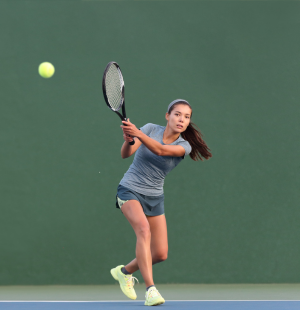
What Your Body Language Says
🧍♂️ Your Presence Speaks—Even When You Say Nothing
When you’re watching your child compete, you’re probably doing your best to be supportive, but what you may not realize is that your body language is speaking louder than your words. Kids are highly attuned to their parents’ reactions, especially in emotionally charged moments like competition.
Your child is watching whether you’re cheering, fidgeting, sighing, or silently pacing. And they’re interpreting every gesture as approval, frustration, disappointment, or encouragement.
👀 What Kids Often See
Here’s how common sideline behaviors can feel from a child’s perspective:
- Arms crossed, tense posture = “They’re upset with me.”
- Head shaking or hands on head after a mistake = “I let them down.”
- Avoiding eye contact = “They’re embarrassed or disappointed.”
- Cheering after an opponent’s error = “Winning is the only thing that matters.”
- Looking distracted or disinterested = “This doesn’t matter to them.”
Even if you don’t mean it that way, body language can amplify pressure or self-doubt, especially for sensitive or younger players.

❤️ What Supportive Body Language Looks Like
You don’t need to be overly energetic or dramatic to be supportive. Often, a calm and consistent presence says more than anything else. Try:
- A relaxed posture, even after mistakes
- Eye contact and a thumbs-up or small clap after tough points
- Nodding in encouragement, not critique
- A steady, positive tone if cheering is allowed
- Smiling—yes, just smiling can go a long way
These nonverbal cues tell your child, “I’m here, I believe in you, and your worth isn’t tied to this point or match.”
🧠 Why It Matters
At FOFTA, we train players not only to compete but also to grow in character, resilience, and perspective. When parents model emotional control and steady support—even in high-pressure matches—young players learn how to manage their own emotions.
Your body language is part of your child’s support system. Use it to build them up, not add pressure.
“You don’t have to say anything at all to be a powerful presence. Just stay steady, stay present, and let your love show—even in silence.”
In the video below, a fellow RSPA (formerly USPTA) member offers some great advice for watching your child compete or practice.
